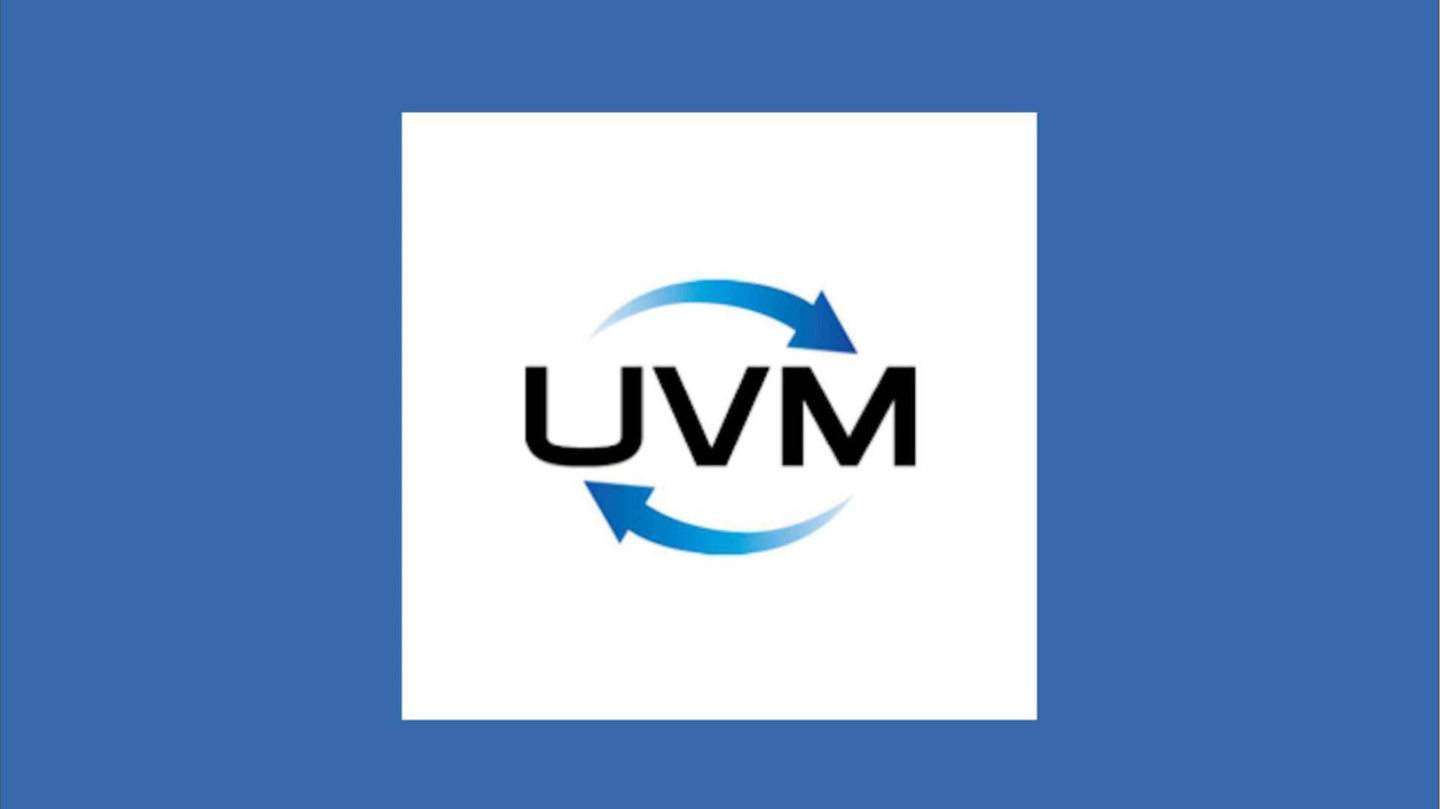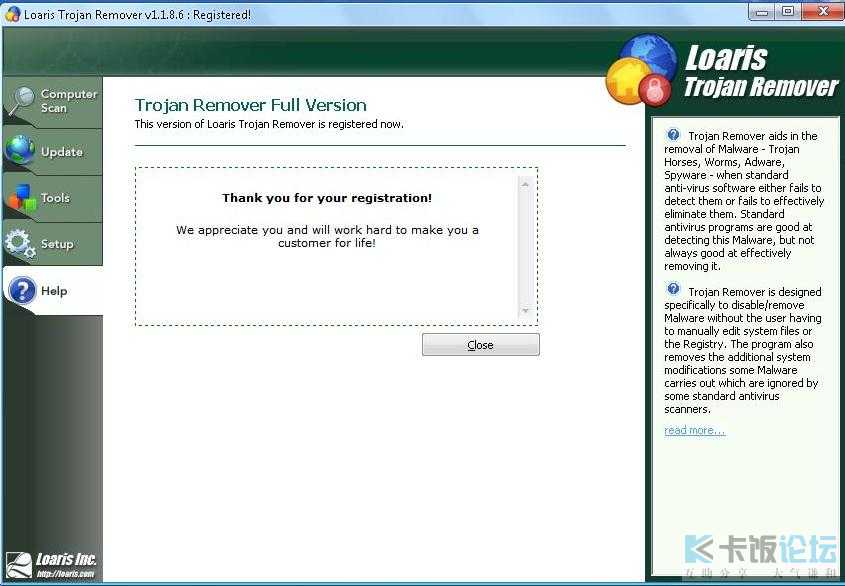Is USDA Loan a Conventional Loan? Understanding the Differences and Benefits
#### Is USDA Loan a Conventional Loan?When exploring home financing options, many potential homeowners often ask, "Is USDA loan a conventional loan?" This q……
#### Is USDA Loan a Conventional Loan?
When exploring home financing options, many potential homeowners often ask, "Is USDA loan a conventional loan?" This question arises from the need to understand the distinctions between various mortgage types available in the market. While both USDA loans and conventional loans serve the purpose of financing a home, they cater to different needs and come with unique eligibility criteria, benefits, and drawbacks.
#### Understanding USDA Loans
USDA loans are government-backed mortgages specifically designed to promote homeownership in rural and suburban areas. These loans are part of the U.S. Department of Agriculture's Rural Development program. One of the most attractive features of USDA loans is that they require no down payment, making them an excellent option for low to moderate-income families who may struggle to save for a traditional down payment.
To qualify for a USDA loan, applicants must meet certain income limits, which vary by location and family size. Additionally, the property being financed must be located in an eligible rural area, as defined by the USDA. The primary goal of these loans is to encourage people to buy homes in less densely populated regions, thus contributing to community development.
#### Understanding Conventional Loans

On the other hand, conventional loans are not insured or guaranteed by the government. They are offered by private lenders and typically require a down payment, which can range from 3% to 20% of the home’s purchase price. Conventional loans can be either conforming or non-conforming, depending on whether they meet the guidelines set by government-sponsored enterprises like Fannie Mae and Freddie Mac.
Conventional loans tend to have stricter credit score requirements compared to USDA loans. Borrowers usually need a credit score of at least 620 to qualify. However, they offer more flexibility in terms of property types and locations, making them suitable for a broader range of buyers.
#### Key Differences Between USDA Loans and Conventional Loans
1. **Down Payment Requirements**: USDA loans do not require a down payment, while conventional loans typically do.
2. **Credit Score Requirements**: USDA loans are generally more lenient with credit scores, while conventional loans often require a higher score.

3. **Income Limits**: USDA loans have specific income restrictions based on the area and family size, whereas conventional loans do not.
4. **Property Location**: USDA loans are limited to rural areas, while conventional loans can be used to purchase homes in urban, suburban, and rural locations.
5. **Mortgage Insurance**: USDA loans require mortgage insurance premiums, but they are often lower compared to private mortgage insurance (PMI) for conventional loans.
#### Benefits of USDA Loans
The primary advantage of USDA loans is their accessibility for low to moderate-income families. The no down payment requirement can significantly ease the financial burden of home buying. Additionally, the interest rates on USDA loans are often competitive, making them an attractive option for first-time homebuyers.

#### Conclusion
In conclusion, while the question "Is USDA loan a conventional loan?" may seem straightforward, the answer is no. USDA loans and conventional loans serve different purposes and cater to different segments of the population. Understanding these differences is crucial for potential homebuyers when deciding which loan type is best for their financial situation and homeownership goals. Whether you qualify for a USDA loan or a conventional loan, it’s essential to assess your options carefully and choose the one that aligns with your needs.